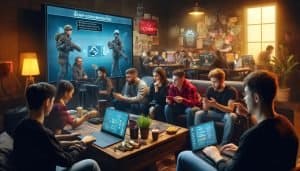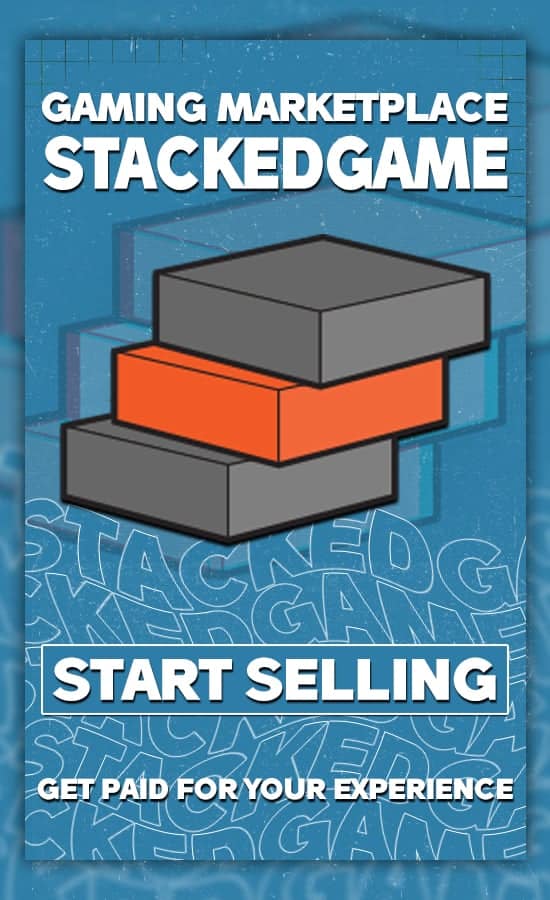So, you want to start your own gaming session? Amazing!
Well then, this article is for you. Whether you want to start a huge gaming event with hundreds of players, or just a small session with a couple friends, we have everything you’ll need to think about covered!

Summary
Planning and Preparation
The first step in organizing a gaming session is planning. You’ll need to think about why you want to have the session, what you want to play, where and when you want to play. You’ll also want to consider you players availability to make sure the schedule will suit everyone and your players will all be able to show up. Obviously the more people you want to be involved the more planning you’ll need to do to make sure it runs smoothly. If this is your fist time planning a gaming session then best to keep things small so you can get a feel for how its supposed to go before you scale up.
Once you’ve got the basics down then you want to consider extra factors such as what equipment people will need like monitors, keyboards, mice, desks and chairs (if your players aren’t bring them themselves). Then there’s the additional things that aren’t directly related to the gaming itself such as prizes, tournaments and other aspects of your session, especially if you’re organizing an event with a large group that is paying to be there.
Checklist:
- Purpose and objectives of the gaming session.
- Games to be played.
- Date, time, and location.
- Player availability.
- Equipment
- Additional elements (tournaments, prizes, special guests)

Equipment and Setup
Next, gather the necessary equipment. This may include gaming consoles, computers, monitors, controllers, headsets, desks, and seating. Check everything before the session, nothing worse than finding out at the last minute that a headset or a mouse isn’t working and you have to scramble to find a replacement.
Consider the layout and arrangement of the gaming space, considering factors such as seating and lighting. Making the space comfortable and enjoyable is also your job, make sure your players all have enough space, aren’t being blasted by intense light, left completely in the dark and that they won’t freeze or burn while they’re trying to enjoy themselves playing games.
Also remember that your players will want to chat to each other between games and will want to eat and drink at some point so leave the schedule a little open so everyone has time to relax.
Checklist:
- Gather equipment.
- Check equipment
- Plan the layout.
- Adequate seating and lighting.
- Enough space.
- Time for players to chat, eat, and drink.

Communication and Coordination
A smooth gaming session needs effective coordination and communication. Keep participants informed and involved during the planning process by sending out regular updates, reminders, and feedback opportunities. Use online platforms and tools like social media, messaging applications, and gaming forums to improve communication and cooperation.
Assign roles and duties to volunteers or team members who may assist with setup, registration, technical support, and other activities. Establish clear communication lines and methods for dealing with any difficulties or emergencies that may develop during the session.
Checklist:
- Regular updates and reminders.
- Roles and responsibilities.
- Establish clear communication channels.

Execution and Engagement
On the day of the game session, concentrate on engagement and execution to make sure that everyone has a fun and memorable time. As you greet guests, give a rundown of the events and timetable, and promote player involvement and unity.
Keep an eye on the session’s development and make necessary adjustments to handle any problems or worries that come up. Inform participants about forthcoming events, competitions, and special occasions, and motivate them to take part.
Encourage a welcoming and upbeat environment that will cultivate respect, fair play, and sportsmanship among players. Throughout the session, promote cooperation and teamwork and recognise and reward accomplishments.
Checklist:
- Welcome attendees .
- Monitor the progress.
- Keep it positive!
Follow-Up and Feedback
Take some time to get in touch with players after the game session to find out about their experiences. Distribute questionnaires or surveys to get feedback and ideas for enhancements, then utilise the responses to guide next meetings.
Express gratitude to attendees and participants for their involvement and think about providing incentives or awards. Post images and highlights from the session on social media or in gaming forums to commemorate the event’s success and create buzz about next events.
Feedback to consider asking:
- What did you enjoy most about the event, and what could have been improved?
- Are there any games or activities you’d like to see included in future sessions?
- How well-organized was the gaming session, and were the instructions clear?
- How satisfied were you with the location, venue, and amenities provided?
- Do you have any other comments, suggestions, or feedback you’d like to share?
Planning and setting up a gaming session takes a lot of thought and effort, but the payoff is totally worth it. This guide has all the advice and lists you need to make sure your gaming sessions are a hit and leave a lasting impact on everyone involved. They’ll be begging for more!




